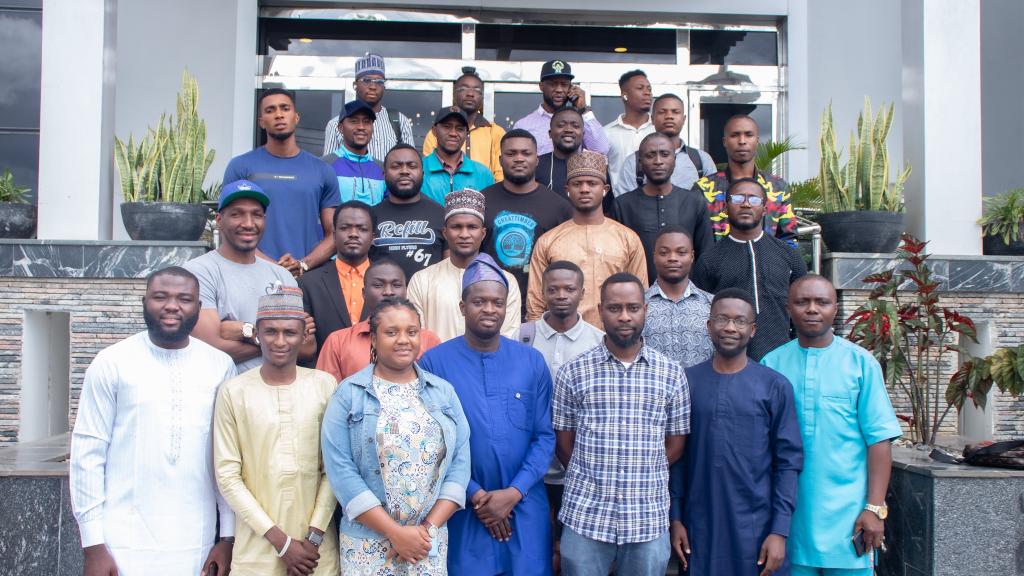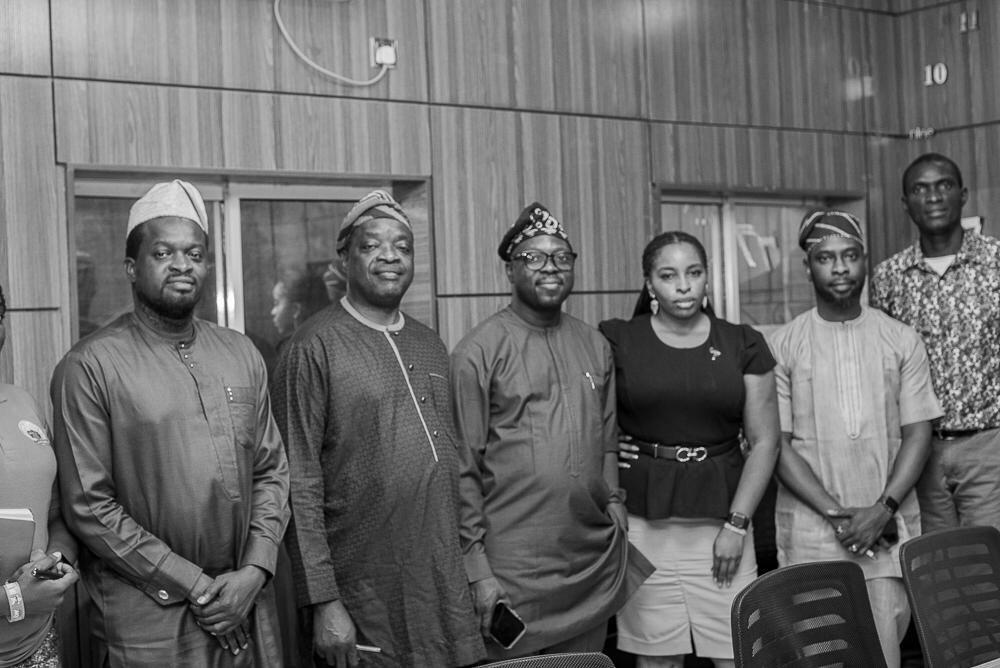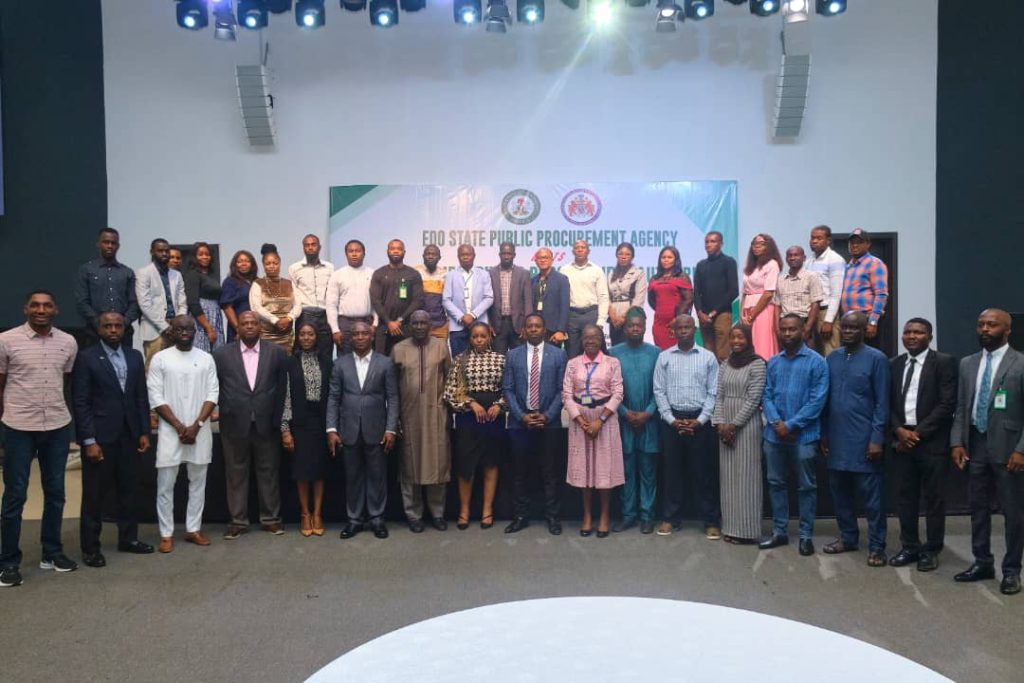Despite substantial public resources invested in the defence and security sector since the return of democratic governance in 1999, the impact of these investments remains questionable, with ongoing threats to peace and security.
This is even as crtitical stakeholders in the Defence and Security Sector, have called for commitment from stakeholders to engage effectively in improving transparency and accountability within the sector.
Stakeholders made the call at a one-day workshop on the theme “Reforming the Nigerian Defence and Security Sector through Strengthening Mechanisms Fundamental for Effective Oversight Functions,” organised by the Civil Society Legislative Advocacy Centre (CISLAC)/Transparency International in Nigeria (TI-Nigeria), in collaboration with Transparency International – Defence and Security Project (TI-DSP) and with support from the Ministry of Foreign Affairs of the Netherlands, at Keffi, Nasarawa state.
In a communique issued at the end of the workshop, made available to LEADERSHIP, stakeholders observed the tendency to marginalize women in the defence and security sector, even as they also observed that Nigeria’s peace, security, sovereignty, and territorial integrity are threatened by persistent violent conflicts arising from traditional and non-traditional security threats.
“Also, the prevalence of corruption within the defence and security sector is a significant challenge, compounding the existing security issues. The opaque and classified nature of the sector, justified by “national security reasons,” hinders effective oversight,” they observed.
They however recommended that there is need for active participation of women in the defence and security sector, while seeking commitment from stakeholders to engage effectively in improving transparency and accountability within the sector.
They also called on the military to reverse the trend of destabilization and insecurity, prioritizing Nigeria’s sovereignty and territorial integrity, while emphasizing the necessity of external institutions to oversee the defence and security sector in line with democratic principles.
The National Assembly is urged, to commit to transparent and accountable lawmaking, oversight, and representation; to sensitize legislators on the importance of overseeing the defence and security sector and advise legislators on monitoring budget allocation and implementation.
Stakeholders also tasked various Ministries Departments and Agencies like the Independent Corrupt Practices Commission and Police, to commits to involving staff in the defence and security budget process; to ensure transparency and accountability in officer recruitment, promotion, and budgeting; promote the use of local content in the defence and security sector through the end-user certificate; uphold morality and integrity in the defence and security budget, while also tasking the auditor-general’s office to make defence and security budget information more accessible.
CSOs are urged to enhance the “follow the money” approach to track government expenditure and budget allocation to defence and security MDAs; maximize the use of the Freedom of Information Act to monitor projects; engage in advocacy, mobilization, capacity building, and the use of digital tools and technology; conduct research and data analysis and utilize the media as a tool for transparency and accountability.
Last modified: May 26, 2023









